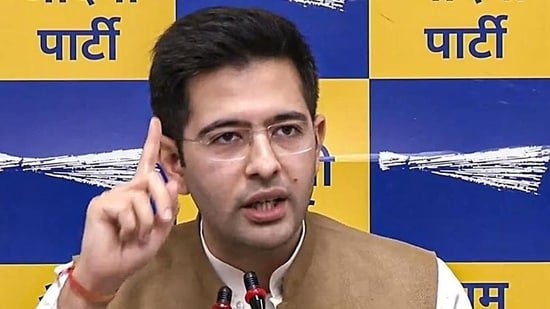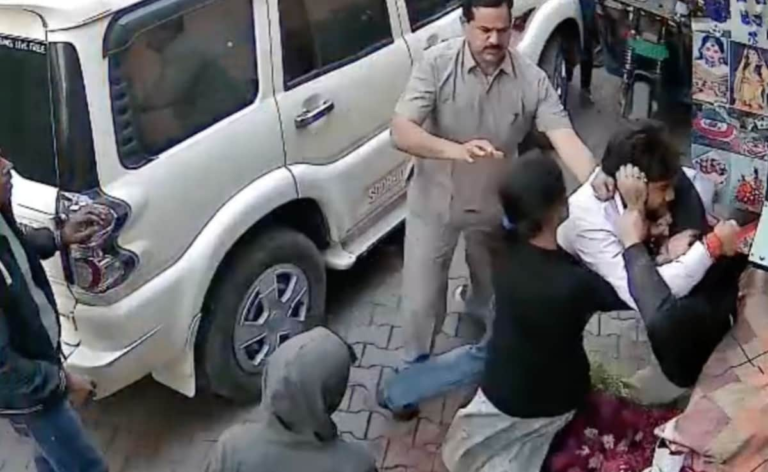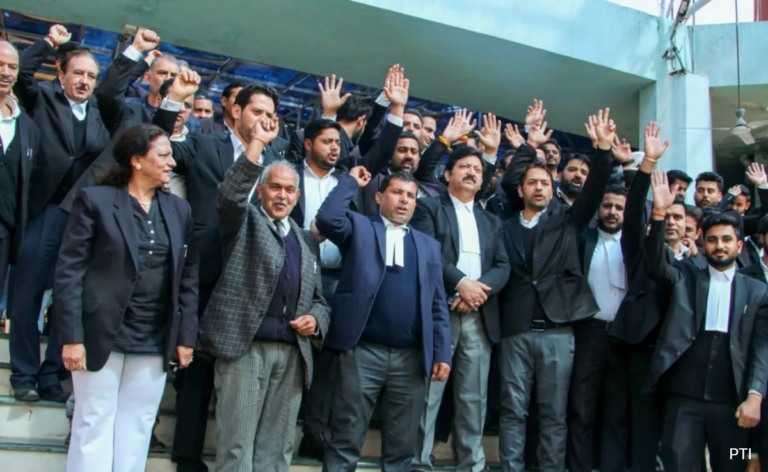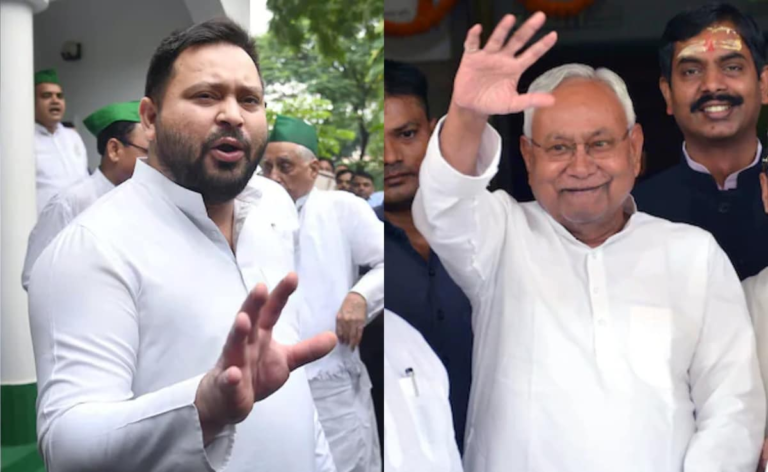
The observations made by the Supreme Court (SC), while hearing the Aam Aadmi Party MP Raghav Chadha’s petition challenging his indefinite suspension from the Rajya Sabha, have relevance beyond this specific case since it touches upon principles that underlie electoral democracy.

First, it raised “serious concern” about the indefinite suspension of a member of Parliament (MP), particularly from the Opposition. The suspension of an MP deprives his/her constituents of their voice in the House, the Court said. This becomes even more concerning when the MP is not from the ruling party. The three-judge bench headed by Chief Justice of India D Y Chandrachud said: “Parliament must have voices from a different spectrum”. The SC has stated a core principle of parliamentary democracy, which is providing space for diverse views and voices. Dissent and debate are central to democracy and the onus is on the party in the majority to ensure that the Opposition’s voice is heard, a practice often forgotten these days.
The Court also spoke about the extended period of Chadha’s suspension and reminded the government counsel of proportionality in punishments. Chadha was suspended on August 11 for breach of privilege after he was accused of not taking the consent of five Rajya Sabha MPs before including their names in a parliamentary select committee for considering the Government of National Capital Territory of Delhi (Amendment) Bill 2023. The Rajya Sabha secretariat held that the case is before Parliament’s privileges committee and has kept its orders in abeyance until the final report is ready. The SC’s loud thinking should be the premise for an early settlement of the issue so that the MP, who has already sat out 75 days from the House and is willing to tender an unconditional apology for his mistake, can start exercising his rights as a parliamentarian.
 Subscribe today by clicking the link and stay updated with the latest news!” Click here!
Subscribe today by clicking the link and stay updated with the latest news!” Click here!Continue reading with HT Premium Subscription
Daily E Paper I Premium Articles I Brunch E Magazine I Daily Infographics








